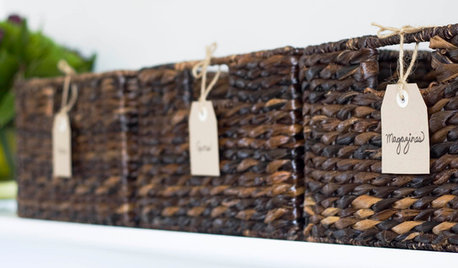"We've planted Indian hawthorns in our yard to repel Bengal tigers. So far, it's working.
The following are two programs that have been used and reported successful by knowledgeable organic gardeners.
Sulfur as prevention/control for rose diseases.
Plain sulfur (elemental sulfur) is a naturally occurring, safe, and effective control for black spot and powdery mildew. It is also somewhat effective against rose rust and other spot diseases. Spraying sulfur on upper and lower leaf surfaces once a week can provide adequate black spot control even under severe conditions. If black spot is chronic in your area, it is well to begin using sulfur when plants leaf out in spring. Less attention is needed during hot, dry periods in summer.
Note: lime-sulfur is a different product that is normally used during the dormant season to reduce the transmission of disease into the following year and to deter some forms of stem canker.
To reduce the amount of material used and to improve adhesion, plain sulfur should be applied as spray rather than dust. Safers Fungicide is plain sulfur mixed with a little water and a spreader-sticker. It is convenient but expensive. Much cheaper is the dry wettable sulfur available at garden stores. Note: packages labeled garden sulfur contain a product too coarse to be used as a fungicide.
Per gallon, mix 3 TB wettable sulfur with a little water to make a smooth paste. Add to 1 gallon of water and agitate thoroughly. Then add 1 TSP liquid detergent and swirl gently. While spraying, tip and swirl the tank after every two or three bushes sprayed, to prevent settling. If you have trouble with the nozzle clogging, in future try mixing the sulfur paste with a cup of water and pouring it through a large tea strainer into the tank.
Precautions: Water the soil thoroughly before using sulfur, as it will burn rose plants that are stressed for moisture. Do not apply in temperatures approaching 90 degrees F. Morning application is best. Once treated, plants, if well watered, can normally stand temperatures later rising to around 100. The symptom of sulfur burn is dull tan patches on broad leaf surfaces exposed to the sun.
Sulfur is a mild skin irritant to some people, so wear dishwashing gloves while spraying. Inhaling large amounts of sulfur (or any mineral dust) could damage the lungs. Store sulfur outside of the house, as it is a fire hazard. There is no hazard to ingesting small amounts of sulfur, so it may be used on or near food plants; however, it will burn foliage in the squash-cucumber-melon family of plants.
_____________________________________________________________________________________
Rose Flora and Wilt-Pruf
The active ingredient in Rose FloraTM is a soil based bacterium, bacillus laterosporus, that is, in fact, a friendly non-toxic organic bacteria which is 100% environmentally safe for humans or pets. treat. No precautions need be taken when mixing or applying this product. It will not burn roots, branches, leaves or blossoms. Nor is it harmful to other flowers, fruits, vegetables or your herb garden. Since Rose FloraTM is a natural organic bacteria it is possible to kill it under perilous conditions. Some chemicals may contain ingredients that will kill off this bacteria. Chlorine is one such chemical, however the normal amount of chlorine found in most city water systems is acceptable. Rose FloraTM is compatible with other fungicides and most pesticides commonly used in the rose industry. It also works by accelerating the photosynthetic process. The millions of nitrogen fixing bacteria release high energy nutrients and supply essential nitrogen for optimum growth. It also rejuvenates and conditions the soil.
WILT-PRUFR is a natural pine oil emulsion that is not damaged by freezing, will not solidify in storage and is non-toxic to eyes and skin. It is a natural product derived from the resin of the pine tree which is called a polyterpene polymer or more specifically a beta-pinene polymer which is a film forming short chain polymer component. When this product is sprayed on plant surfaces, the water used to dilute it evaporates leaving a soft, flexible film which degrades one molecular layer at a time when exposed to air and light. The film immediately starts a polymerization into a longer chain, higher weight molecule. However, the entire thickness of the film does not polymerize at the same rate. Only the surface molecular layer is going through rapid polymerization. The molecular layer of the film that is attached and sticking to the leaf is staying a low weight, soft, sticky substance. The film slowly weathers away through this polymerization mode where the top layer fully polymerizes becoming a solid material. It powders away in microscopic flakes which are either washed or blown away, as the rest of the layers go through the same process until the entire film is weathered away. This normally takes about two months under hot, summer conditions and about four months under cold weather conditions. WILT-PRUFR will not interfere with plant growth or materially affect respiration, osmosis, or photosynthesis.
Application is recommended every ten days during the growing season with a dormant application in late winter.
Mixing ratio is 1 Tps. Rose Flora, 1 TBS brown sugar and ½ cup of Wilt-Pruf per gallon of water.













Related Discussions
The 'aspirin technique' for controlling some plant diseases
Q
Thoughts on this mixed synthetic/organic program?
Q
National Organic Program - NOP
Q
organic control for fungal disease?
Q